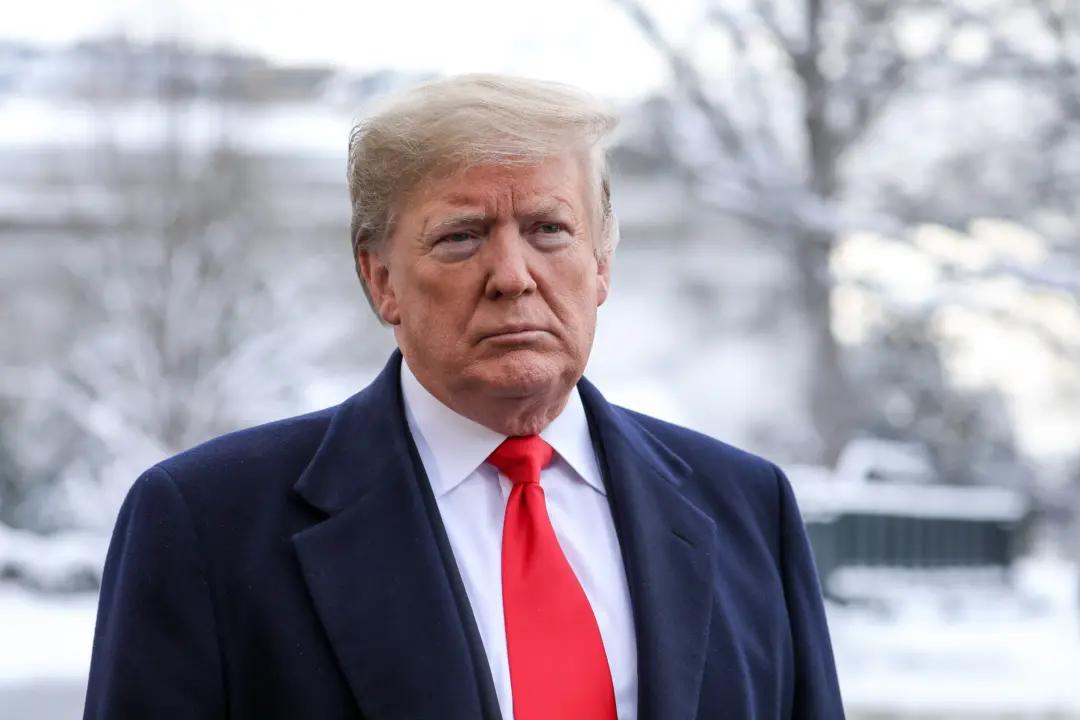Commentary
The Chinese Communist Party poses the most comprehensive 21st-century threat to the American nation, the American people, and the American way of life. The first half of this century will be defined by how the United States meets the Chinese challenge across the full spectrum of economic, national security, geopolitical, and cultural issues.





